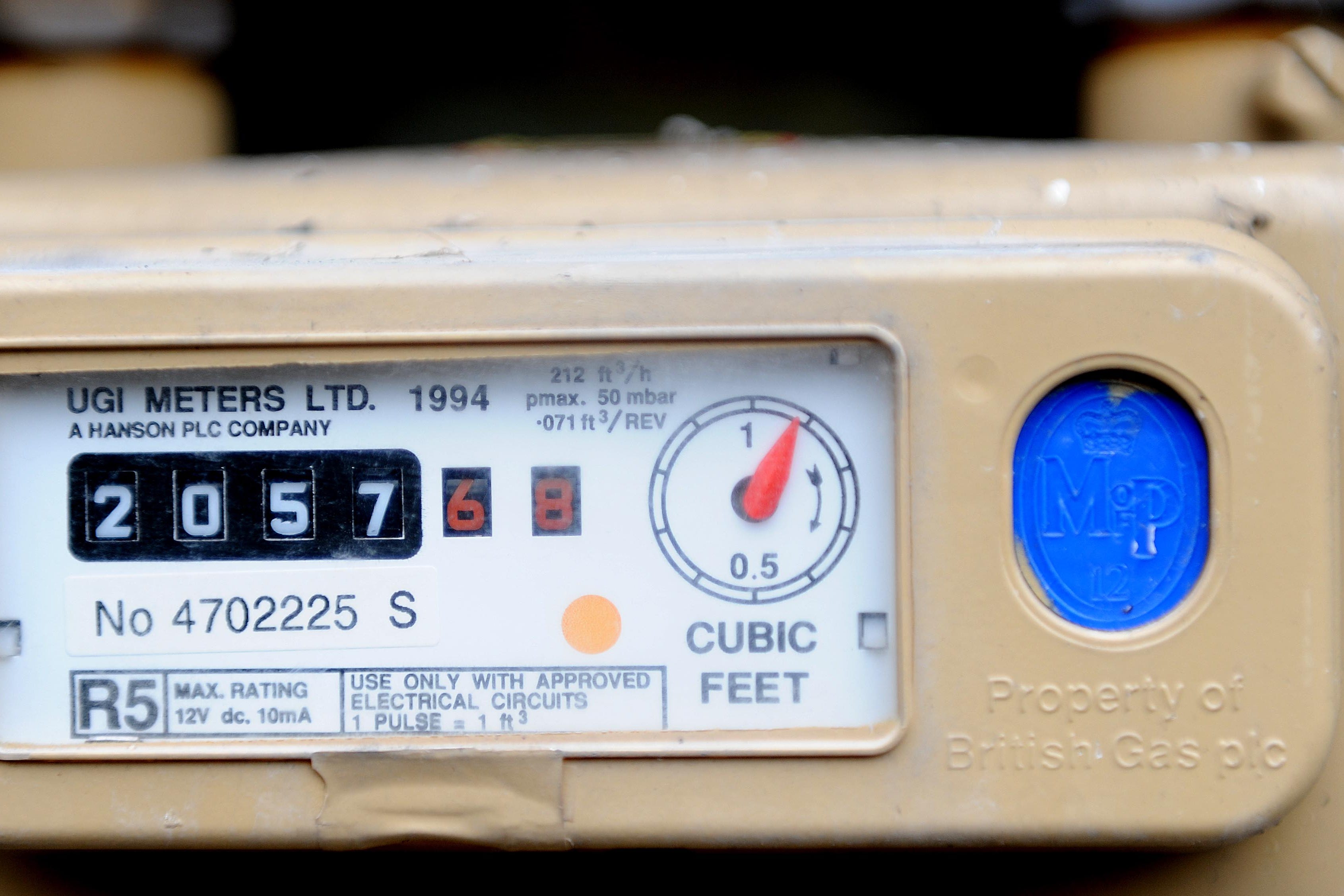Households urged to send energy meter readings as price cap drop takes effect
The average household energy bill has fallen by 7% as of Monday after Ofgem lowered its price cap in response to wholesale prices.

Some 10 million households have been urged to send energy meter readings to their supplier as cheaper prices come into effect.
The average household energy bill has fallen by 7% as of Monday after Ofgem lowered its price cap in response to wholesale prices.
The regulator has dropped the cap from the previous £1,690 for a typical dual fuel household in England, Scotland and Wales to £1,568, a fall of £122 over the course of a year.
This is around £500 less than the cap in July last year, when it was £2,074.
However, those households on a standard variable tariff – as opposed to a fixed deal – and who do not have a smart meter should submit their electricity and gas readings to their supplier as close as possible to July 1 to ensure they are billed accurately at the lower prices.
Those who do not submit readings risk having some of their usage after this date charged at the previous, more expensive rates.
Suppliers who have not received meter readings base their bills on estimated usage, meaning households could be overpaying, while others may not be paying enough.
The average household is expected to spend £83 on energy in July, compared with £127 in June, due to the lower cap and lower usage due to warmer weather, comparison site Uswitch calculated.
The latest fall offers further relief to households given the previous quarter-on-quarter drop seen in April, but analysts have said they expect Ofgem to increase the price cap in October, before dropping it again in January 2025.
Uswitch also urged households to investigate other tariffs, including fixed deals, to beat the predicted October price hikes.
Ben Gallizzi, energy spokesman at Uswitch, said: “There are a number of fixed tariffs worth considering right now. By opting for a fixed deal, you’re locking in those rates for the duration – usually 12 months – which means households could have price certainty and avoid the ups and downs of the price cap.”
Bookmark popover
Removed from bookmarks